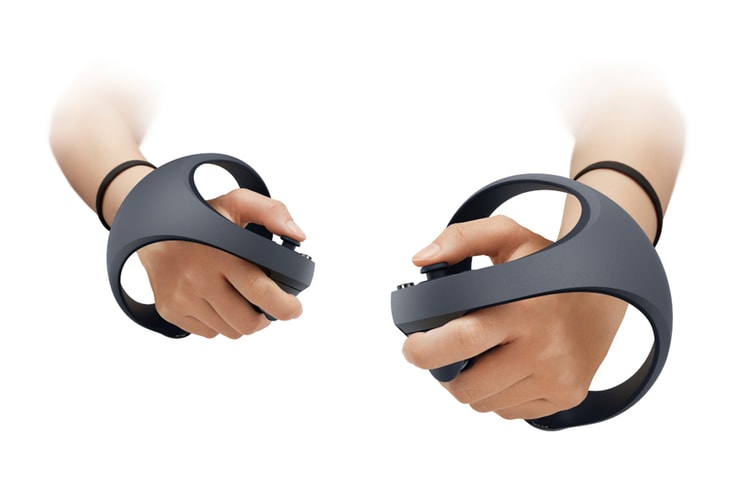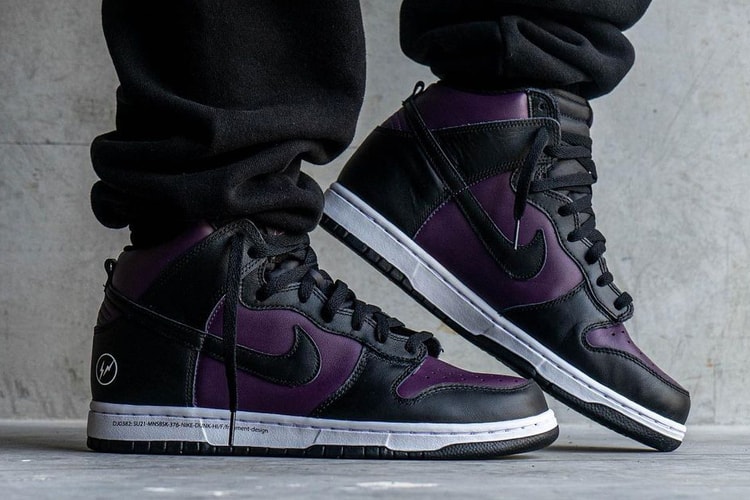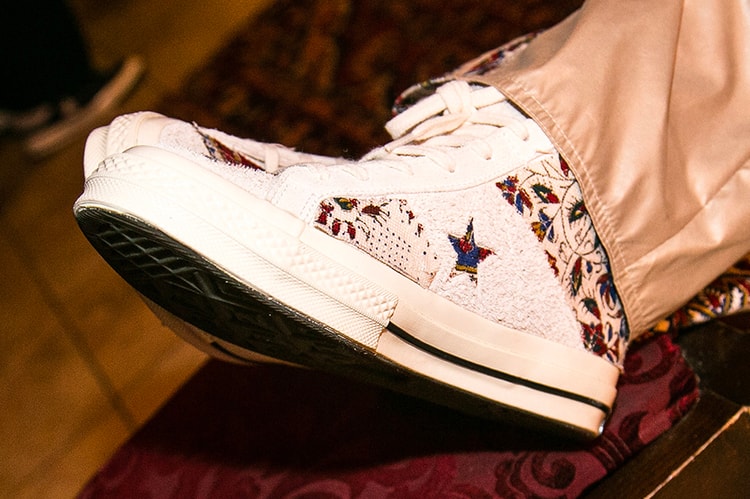Facebook Teases New Wearable AR Tech Controlled With Your Wrists
The wrist device could work in tandem with augmented reality glasses that the company has been developing.

Facebook has dropped more information about its research into the future of human-computer interaction.
Facebook’s Reality Labs has been driving innovation as the company develops virtual and augmented reality devices. On Thursday, the company teased information about its “wrist-based” technology that could be combined with artificial intelligence and harnessed into wearable technology.
Last year, Facebook Reality Labs unveiled Project Aria, its research into wearable augmented reality devices. The company said its labs were “envisioning a time when we have all the benefits of connectivity (and more), without the need to keep our heads and our eyes down, looking at a device.”
The research prototype for the wearable wrist device could eventually work in tandem with augmented reality glasses that the company has been developing. The company said it began developing the “ideal input device” for its AR glasses six years ago — it envisioned a device that needed to be intuitive, comfortable, and “built responsibly with privacy, security, and safety in mind.”
“Any solution that eventually emerged would have to be worn on the wrist,” it concluded.
The wrist device will utilize electromyography, which uses sensors to translate nerve signals from the brain and turn them into action. “These signals let you communicate crisp one-bit commands to your device, a degree of control that’s highly personalizable and adaptable to many situations.”
Facebook says that electromyography can “understand finger motion of just a millimeter.” The company assures that the technology is “not akin to mind reading” but rather a “a much faster way to act on the instructions that you already send to your device.”
The technology could eventually be used to manipulate virtual objects or type on a virtual keyboard. Facebook says the system is still “many years off” but said its initial research looks promising.
New data released last week indicates that nearly 20 percent of Facebook’s workforce is now working on virtual and augmented reality-related projects.


















